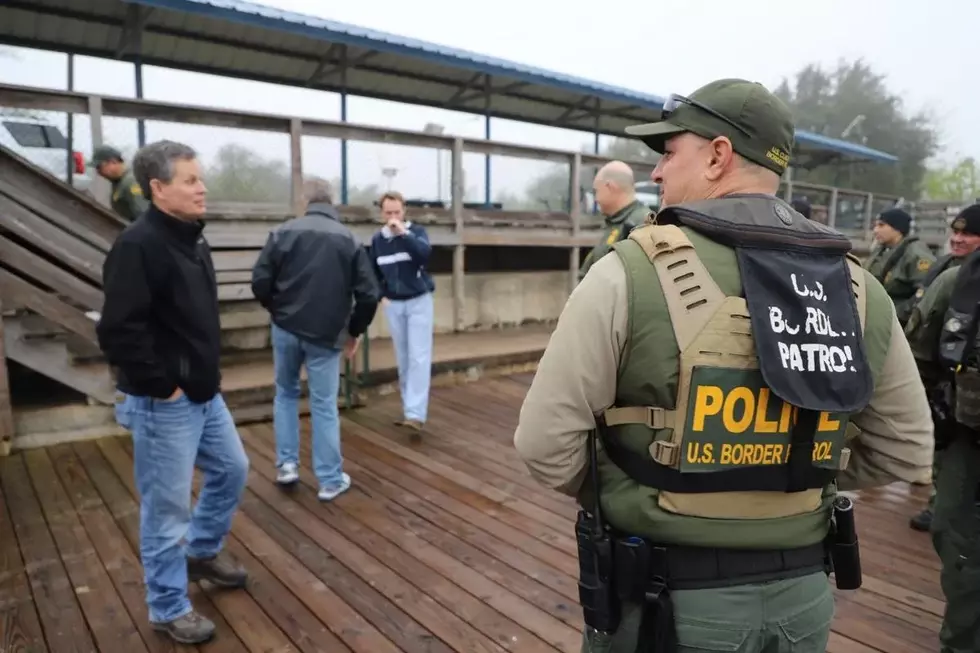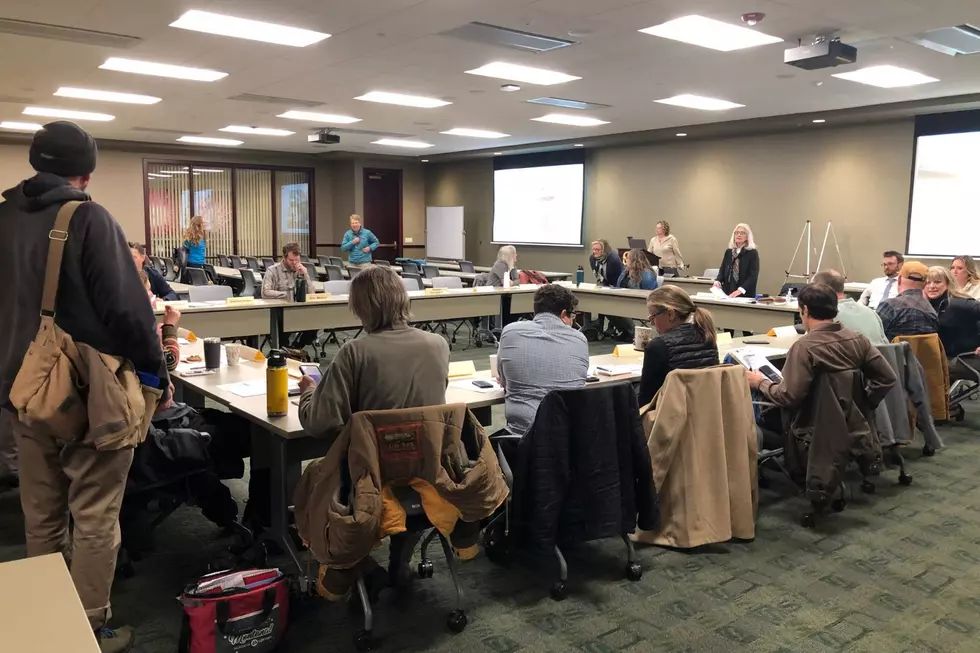
Group Argues That Freedom of Speech is Under Assault by University of Montana Sexual Assault Agreement
The recent agreement between the University of Montana and the Department of Justice on the issue of sexual assault investigations has come under fire by a free speech advocacy group, that argues that the agreement puts student rights in jeopardy.
Foundation for Individual Rights in Education President Greg Lukianoff describes one of the dangers of the agreement.
"In the course of giving its opinion on what happened at the University of Montana, the Department of Education and [the] Department of Justice took an entirely unnecessary detour and redefined 'harassment' in incredibly broad, flatly unconstitutional, language," Lukianoff said.
Not only is the burden of proof lower for University of Montana students now, according to Lukianoff, but their punishment for crimes of harassment may come before they’ve been found to be guilty.
"One of the really important factors is that they got rid of the reasonable person standard," Lukianoff said. "That means that if you're offended by sexual speech, or sexual related speech, or for that matter, gender related speech, it is no longer required that it be reasonable that you are offended. So, this basically means that anyone can subjectively take offense to a whole host of issues, from sex to gay marriage, to what is called gender expression, whether or not you think someone is conforming with a 'gender stereotype.' That means you're putting it into the hands of the most sensitive person in the room, as to whether or not you're guilty."
Lukianoff said these new lower standards are compounded by a 2011 letter by the Department of Justice that requires that universities use a 'preponderance of evidence' standard rather than an 'innocent until proven guilty' standard when prosecuting harassment crime.
"It's now easier than ever to be charged with harassment, easier than ever to be found guilty of it," Lukianoff said. "To make matters even worse, in the course of that University of Montana letter, they even said, flat out, that there may be circumstances where you may need to take disciplinary action before you find someone guilty."
Greg Lukianoff
More From Newstalk KGVO 1290 AM & 98.3 FM









